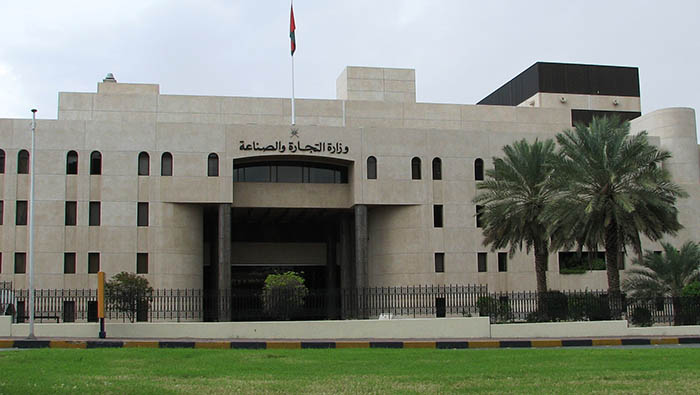
Muscat: Representatives of the country’s government and leading food companies have praised the Made in Oman campaign in spearheading efforts to promote local products in the country’s supermarkets.
Organised by the Ministry of Commerce, Industry and Investment Promotion, in collaboration with several other public and private-sector bodies, including the Oman Chamber of Commerce and Industry (OCCI), the Public Authority for SME Development (Riyada) and the Public Authority for Industrial Estates (Madayn), the Made in Oman campaign aims to spread awareness about the variety of products manufactured in the country, and find opportunities for them to market them in places frequented by the public.
Commenting on the Made in Oman campaign, Nasima bint Yahya Al Balushi, the head of the team tasked with promoting the campaign, at the ministry, said, “Omani products have a good reputation abroad in terms of quality. Products of a competitive standard made in Oman include building materials and food products, as well as many others exported to more than 130 countries across the world.
Adding to this, Saleh Al Shanfari, CEO of Oman Food Investment Holding Company (OFIC), and the chairman of the Food Security Company at OCCI, said, “It is very important to raise community awareness about the availability of Omani products, and its importance in terms of being the best option for consumers, as they meet the required Omani specification standards.”
“The need to display Omani products in a special area in large hypermarkets is required,” added Said bin Abdullah Al Kharousi, the chairman of the board of director of the Omani Farmers Association. “They must be kept separate from foreign goods, and ensure packaging processes are set up for them, so that they appear distinctive to customers.”
Shedding light about the importance of promoting Omani products, Adnan bin Mohammed Al Alawi, the CEO of the Oman Dates Production and Packing company, said, “The sustainable availability of the raw materials required in the manufacture of these products, as well as making them through modern technology and setting up proper standards that are in keeping with those used in local and regional markets will ensure our products are more easily accessible to foreign markets.”